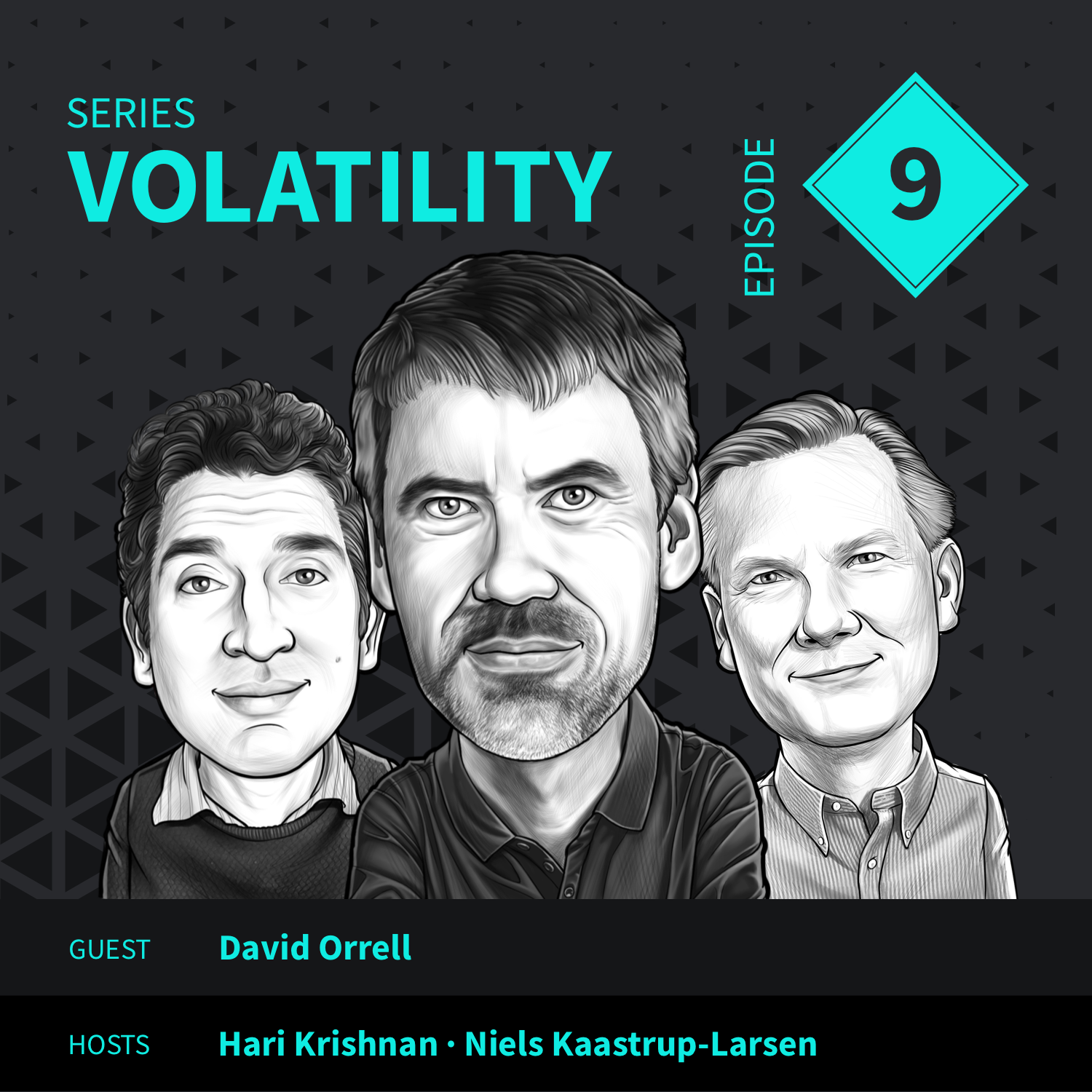
Episode description
Hari Krishnan is joined today by David Orrell, to discuss the problems with using physics analogies on financial markets, the cause and effects of price impacts, David’s new book: ‘Money, Magic, and How to Dismantle a Financial Bomb’, the magical properties of money, how sentiment drives price although it is so unpredictable in nature, the similarities between weather forecasting and economics, the sustainability of money creation by central banks, and some thoughts on cognitive interference.
-----
50 YEARS OF TREND FOLLOWING BOOK AND BEHIND-THE-SCENES VIDEO FOR ACCREDITED INVESTORS - CLICK HERE
In this episode, we discuss:
- How quantum physics relates to financial markets
- The mechanics behind price impacts
- David’s new book, coming out soon
- The magical characteristics of money
- The power and unpredictability of sentiment
- Weather and how it relates to financial markets
- Central bank money creation and how effective it can be
- Cognitive interference
Follow Niels on Twitter, LinkedIn, YouTube or via the TTU website.
IT’s TRUE ? – most CIO’s read 50+ books each year – get your FREE copy of the Ultimate Guide to the Best Investment Books ever written here.
And you can get a free copy of my latest book “Ten Reasons to Add Trend Following to Your Portfolio” here.
Learn more about the Trend Barometer here.
Send your questions to info@toptradersunplugged.com
And please share this episode with a like-minded friend and leave an honest Rating & Review on iTunes or Spotify so more people can discover the podcast.
Follow Hari on Twitter.
Follow David on Twitter.
-----
Episode TimeStamps:
00:00 - Intro
02:54 - Can you give us some conclusions from the research you’ve done on weather forecasting?
04:33 - Is the notion of the economic system as being something that’s mechanistic and can be controlled flawed, and if so, how?
07:12 - Do you look at different economic models and aggregate the data?
12:46 - Is there a way to limit the momentum effects of passive investing on the...